Dačić: Stanišić CIA claims "far-fetched"
Interior Minister Ivica Dačić said today that the allegations that former security services chief Jovica Stanišić worked for the CIA sound “pretty far-fetched.”
Tuesday, 03.03.2009.
09:29

Interior Minister Ivica Dacic said today that the allegations that former security services chief Jovica Stanisic worked for the CIA sound “pretty far-fetched.” “That story sounds pretty far-fetched, but, if it is true, then it shows that anything is possible, and shows that certain outsiders probably had a hand in the goings-on in our country,” Dacic told reporters during a visit to Gendarmerie headquarters in Belgrade. Dacic: Stanisic CIA claims "far-fetched" He did not wish to make any further comment on the L.A. Times’ claims, stating that he did not know what else to add, except in the event he received “some official information.“ To a reporter’s observation that he had been politically active in the Socialist Party of Serbia (SPS) at the time Stanisic had been head of state security and Slobodan Milosevic had been in power, the minister replied that he had not been in contact with Stanisic and that he did not know anything. “Nothing’s impossible. In any case, the people who held the most senior positions in state organs back then were certainly well placed to maintain good contacts and friendly relations,“ said Dacic, who, because of other engagements, did not have time to clarify what people and contacts he was referring to. Ivica Dacic (FoNet, archive) "CIA story doesn't ring true" Former head of state security agency Goran Petrovic does not believe media claims that one of his predecessors, Jovica Stanisic, was a CIA informer. Speaking to B92, Petrovic said that it was probably a case of sensationalism based on information on everyday cooperation between intelligence services. Petrovic believes the U.S. media claims are hollow, noting that all intelligence services cooperate and that Stanisic’s contact with the U.S. could very well have been in that context. “I was also a spy and traitor, like Jovica, if you look at it that way, since I went to Langley (CIA headquarters) and M16 (the British intelligence service), I spoke to people there and, while I spoke, three of their operatives took notes, and while their people spoke, my associates took notes, and that’s normal. It’s difficult to draw a line and say that borders have been crossed,” he said. He believes that Stanisic would not have ended up in The Hague had be been the U.S. intelligence service’s main man for the Balkans, as the CIA would have hidden and protected him. Ljubodrag Stojadinovic, a military-political commentator for daily Politika, believes the appearance of information on relations between Stanisic and the CIA was most likely part of his defense at the Hague. If it turns out that the U.S. newspapers’ claims are true, the question is “will we ever know what kind of times we lived in back then,” said Stojadinovic. “During the 90s he was the key custodian of Serbian xenophobia and paranoia. At the same time as death squadrons were being created, Jovica Stanisic, as we now know, was actually an associate of those political police that that kind of paranoia was organized against,” he said. The story of Stanisic’s cooperation with the U.S. has cropped up several times since his extradition to The Hague, and speculation reached its peak in 2004, when, at the defense’s behest, a letter of recommendation about Stanisic arrived from Washington, which was meant to convince the court to grant him temporary release from custody.
Dačić: Stanišić CIA claims "far-fetched"
He did not wish to make any further comment on the L.A. Times’ claims, stating that he did not know what else to add, except in the event he received “some official information.“To a reporter’s observation that he had been politically active in the Socialist Party of Serbia (SPS) at the time Stanišić had been head of state security and Slobodan Miloševic had been in power, the minister replied that he had not been in contact with Stanišić and that he did not know anything.
“Nothing’s impossible. In any case, the people who held the most senior positions in state organs back then were certainly well placed to maintain good contacts and friendly relations,“ said Dačić, who, because of other engagements, did not have time to clarify what people and contacts he was referring to.
"CIA story doesn't ring true"
Former head of state security agency Goran Petrović does not believe media claims that one of his predecessors, Jovica Stanišić, was a CIA informer.Speaking to B92, Petrović said that it was probably a case of sensationalism based on information on everyday cooperation between intelligence services.
Petrović believes the U.S. media claims are hollow, noting that all intelligence services cooperate and that Stanišić’s contact with the U.S. could very well have been in that context.
“I was also a spy and traitor, like Jovica, if you look at it that way, since I went to Langley (CIA headquarters) and M16 (the British intelligence service), I spoke to people there and, while I spoke, three of their operatives took notes, and while their people spoke, my associates took notes, and that’s normal. It’s difficult to draw a line and say that borders have been crossed,” he said.
He believes that Stanišić would not have ended up in The Hague had be been the U.S. intelligence service’s main man for the Balkans, as the CIA would have hidden and protected him.
Ljubodrag Stojadinović, a military-political commentator for daily Politika, believes the appearance of information on relations between Stanišić and the CIA was most likely part of his defense at the Hague.
If it turns out that the U.S. newspapers’ claims are true, the question is “will we ever know what kind of times we lived in back then,” said Stojadinović.
“During the 90s he was the key custodian of Serbian xenophobia and paranoia. At the same time as death squadrons were being created, Jovica Stanišić, as we now know, was actually an associate of those political police that that kind of paranoia was organized against,” he said.
The story of Stanišić’s cooperation with the U.S. has cropped up several times since his extradition to The Hague, and speculation reached its peak in 2004, when, at the defense’s behest, a letter of recommendation about Stanišić arrived from Washington, which was meant to convince the court to grant him temporary release from custody.



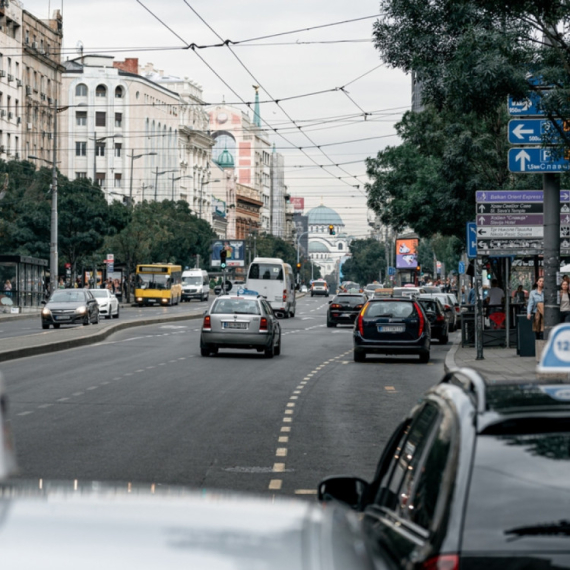

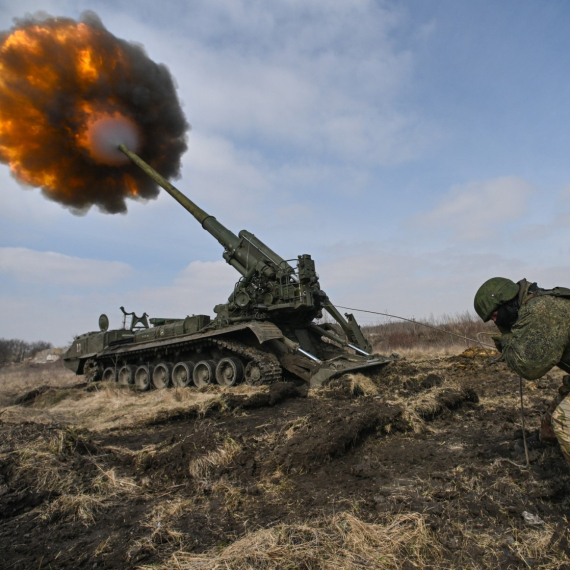






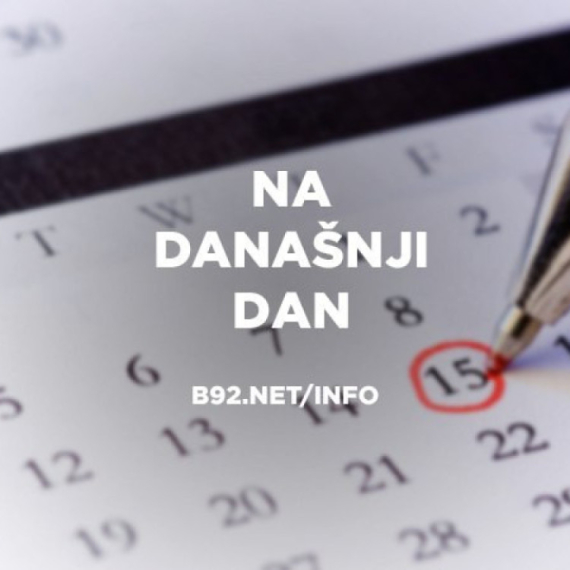
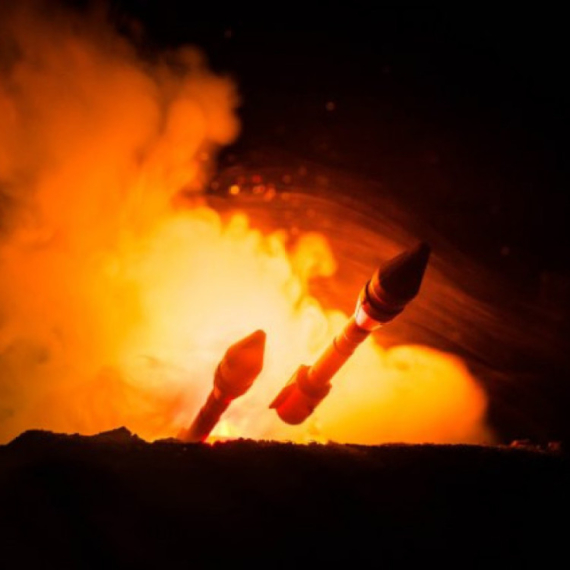

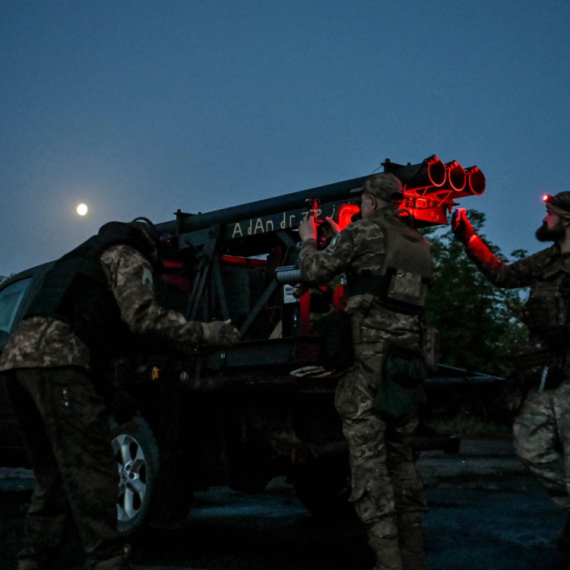

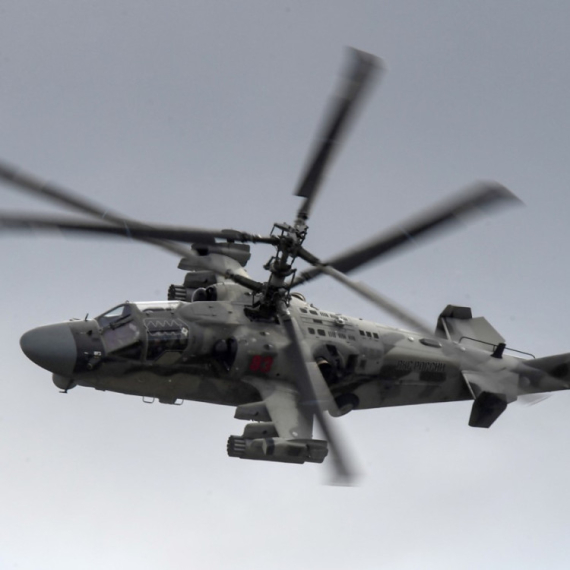
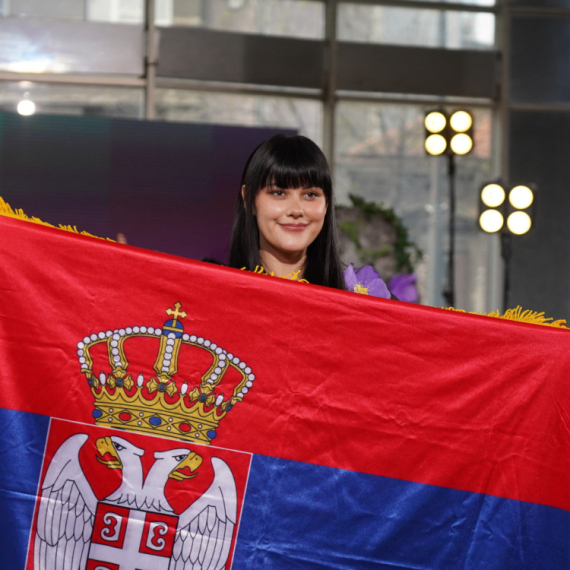

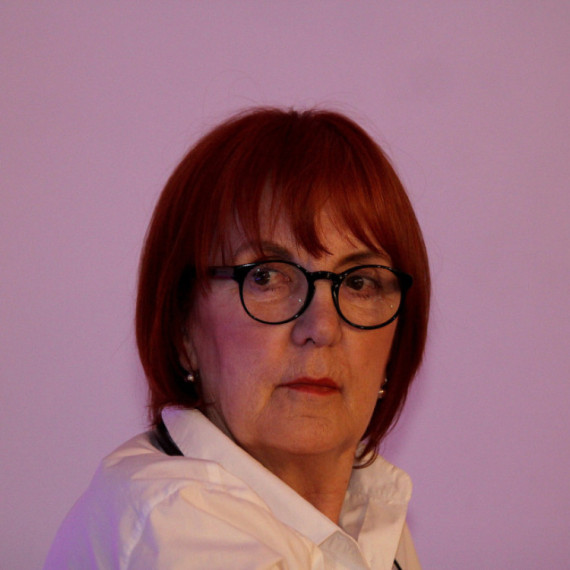








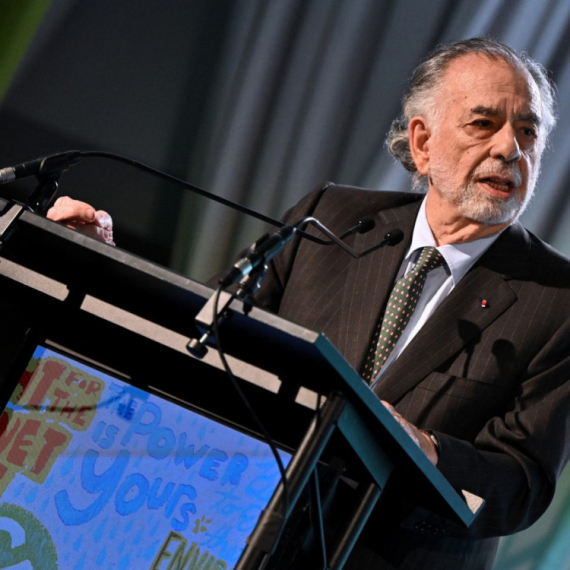









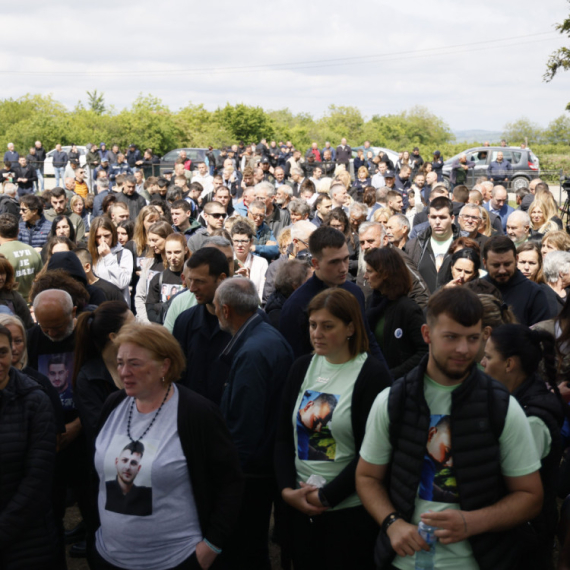
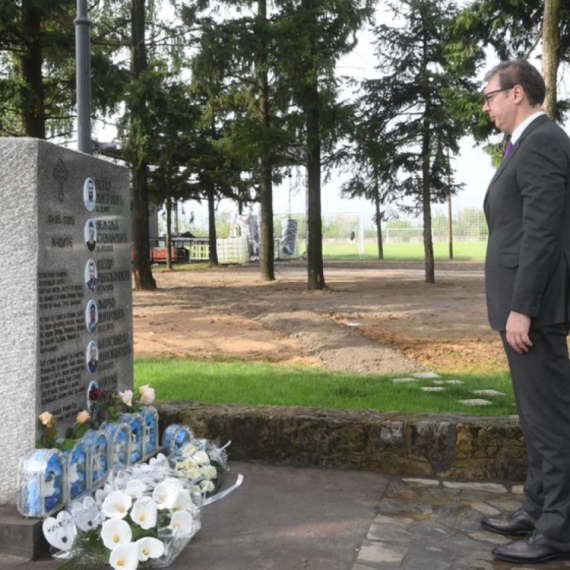
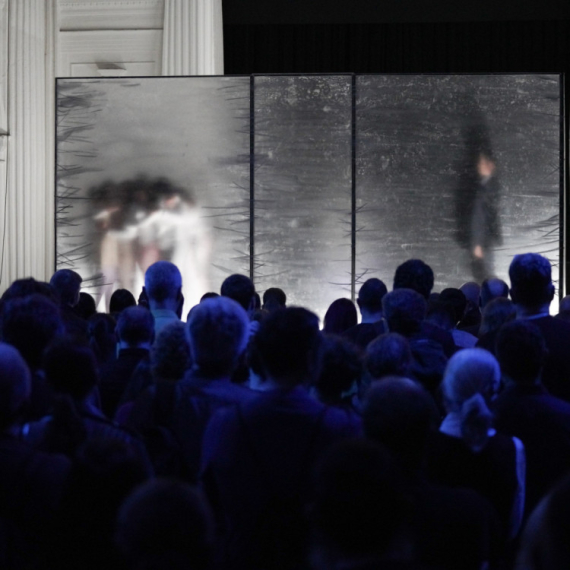
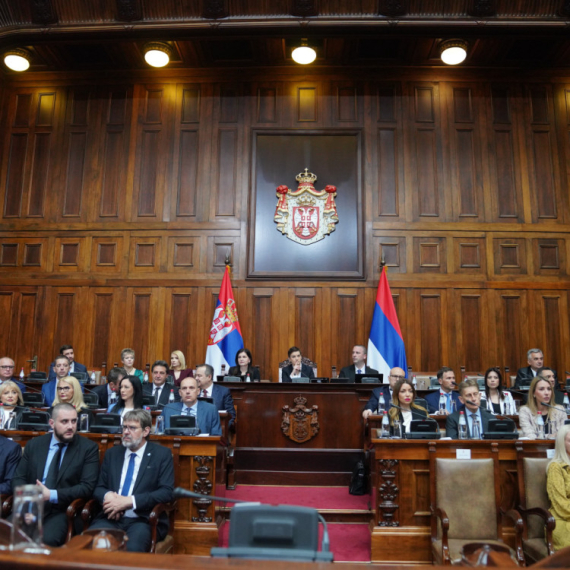




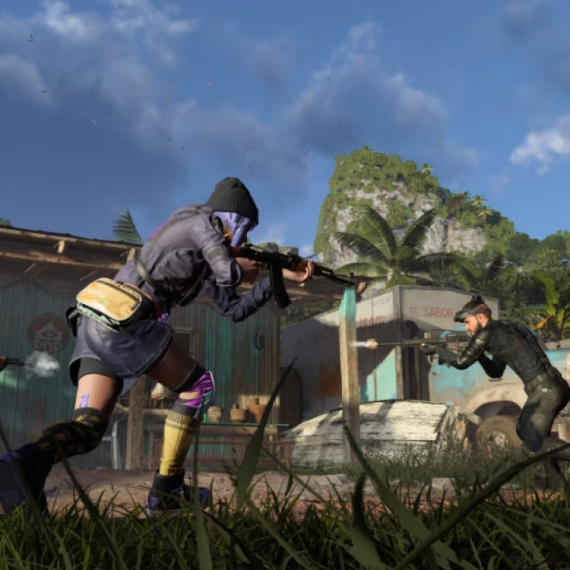




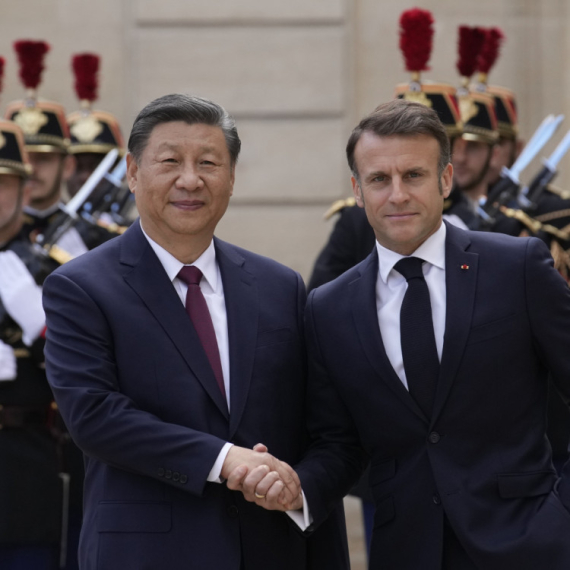

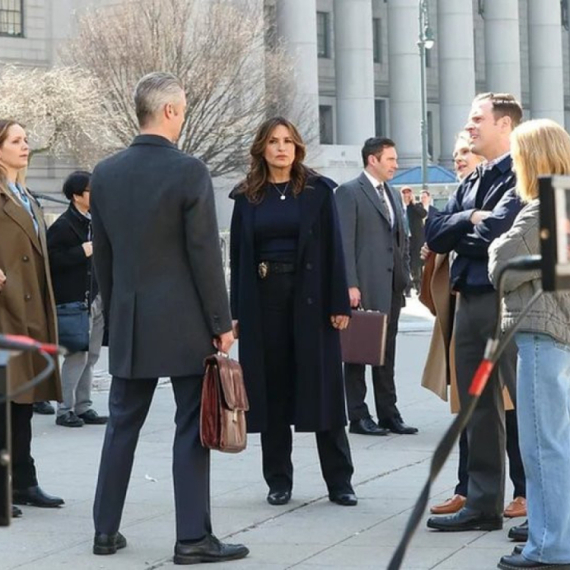
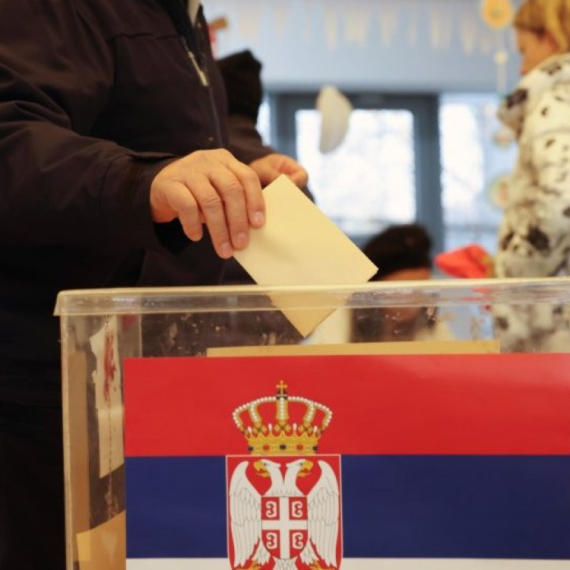
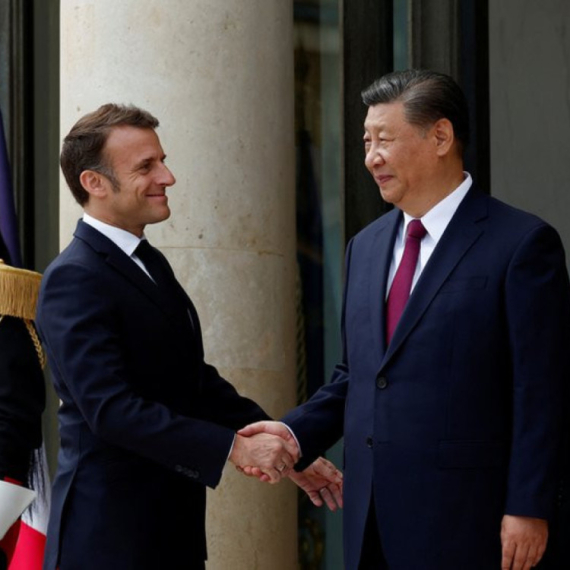
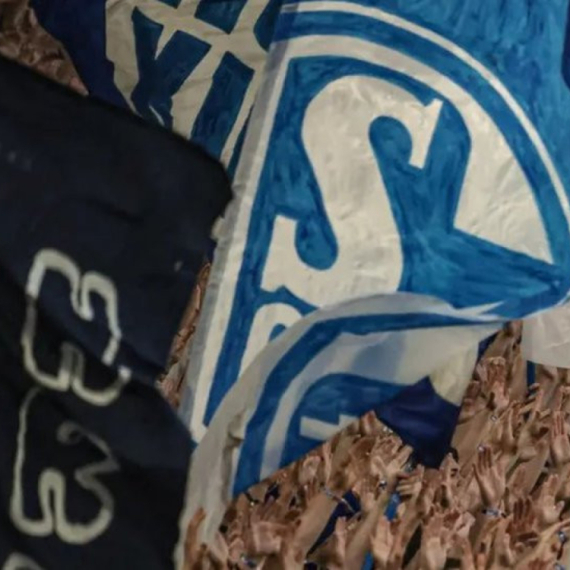

Komentari 4
Pogledaj komentare